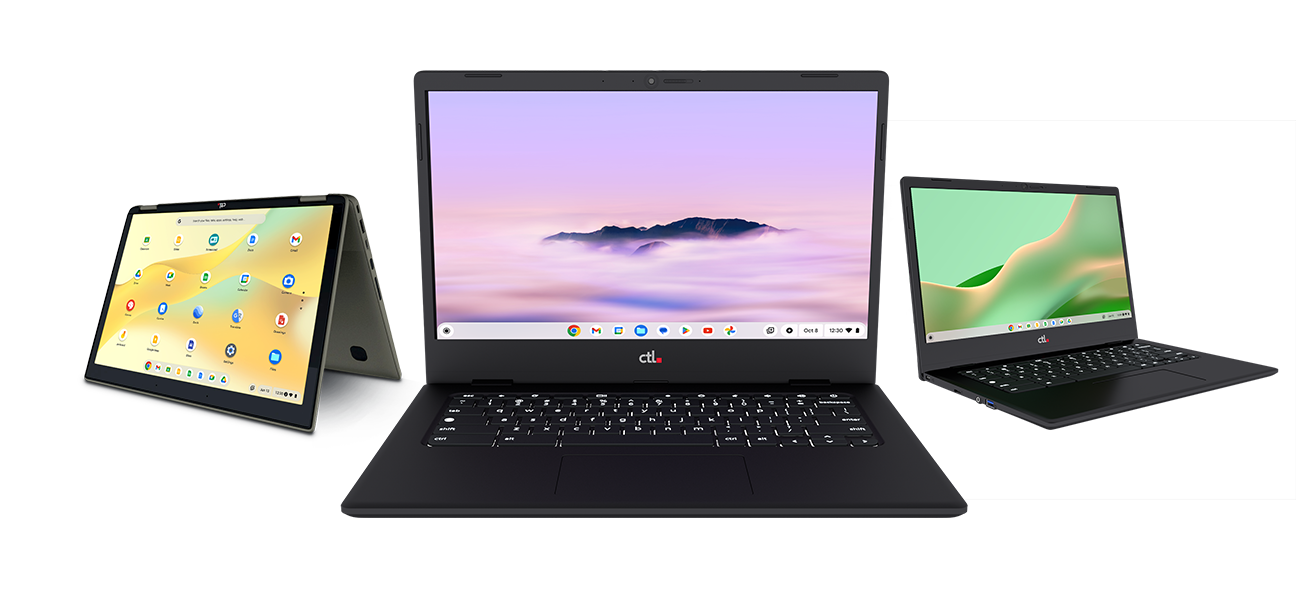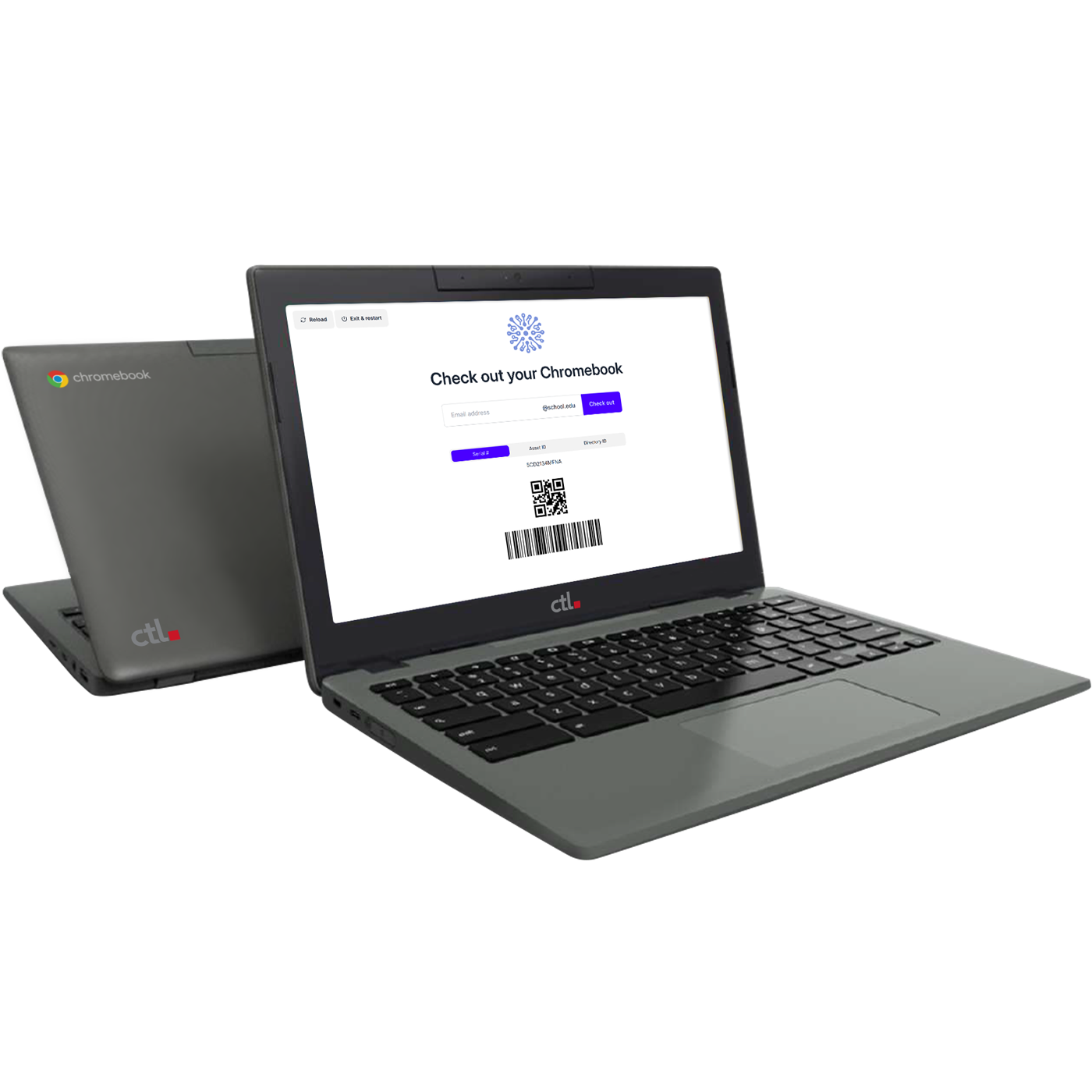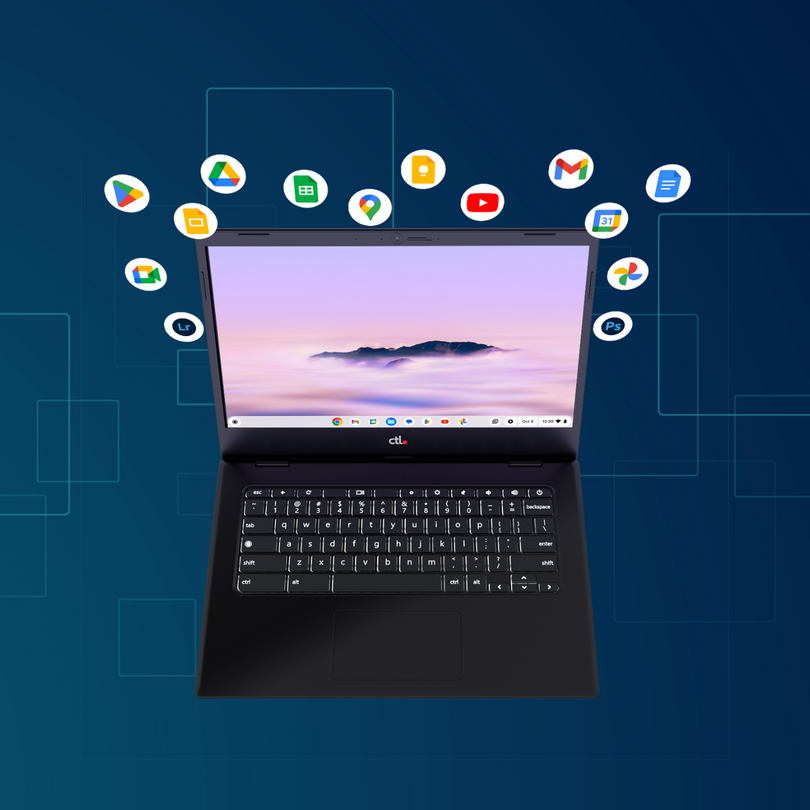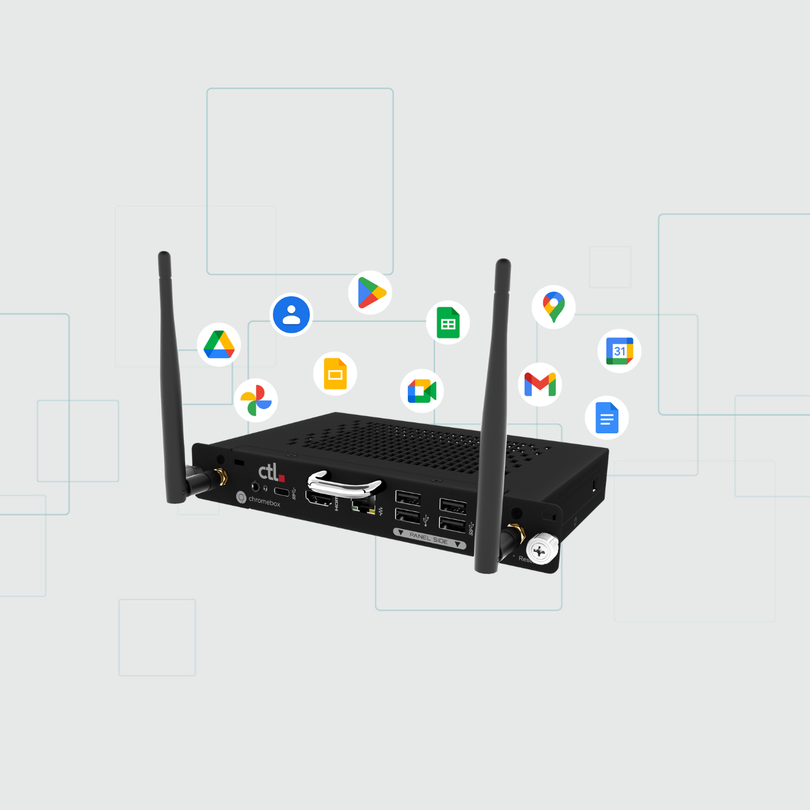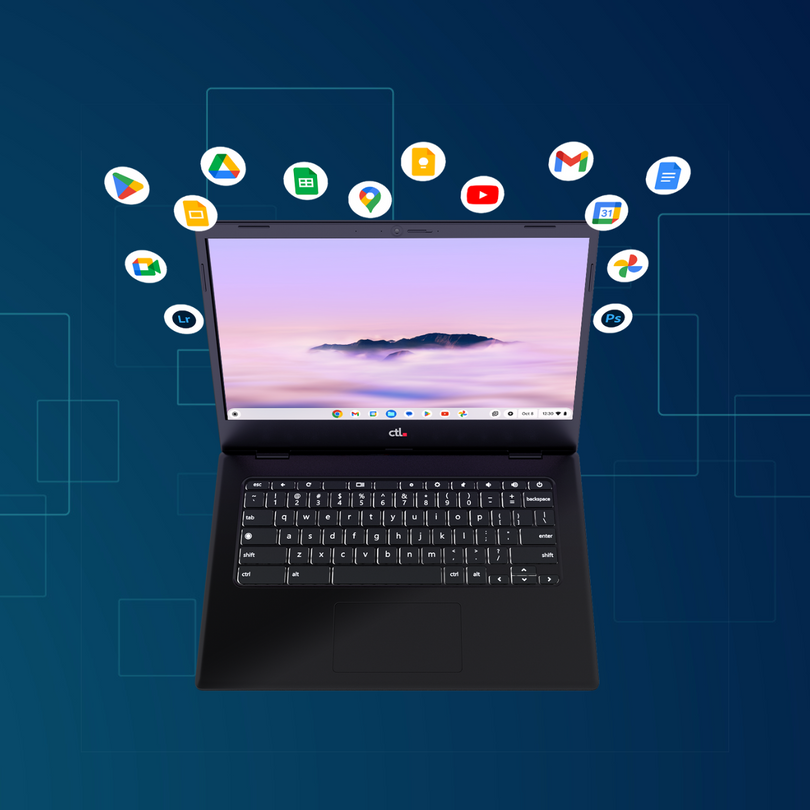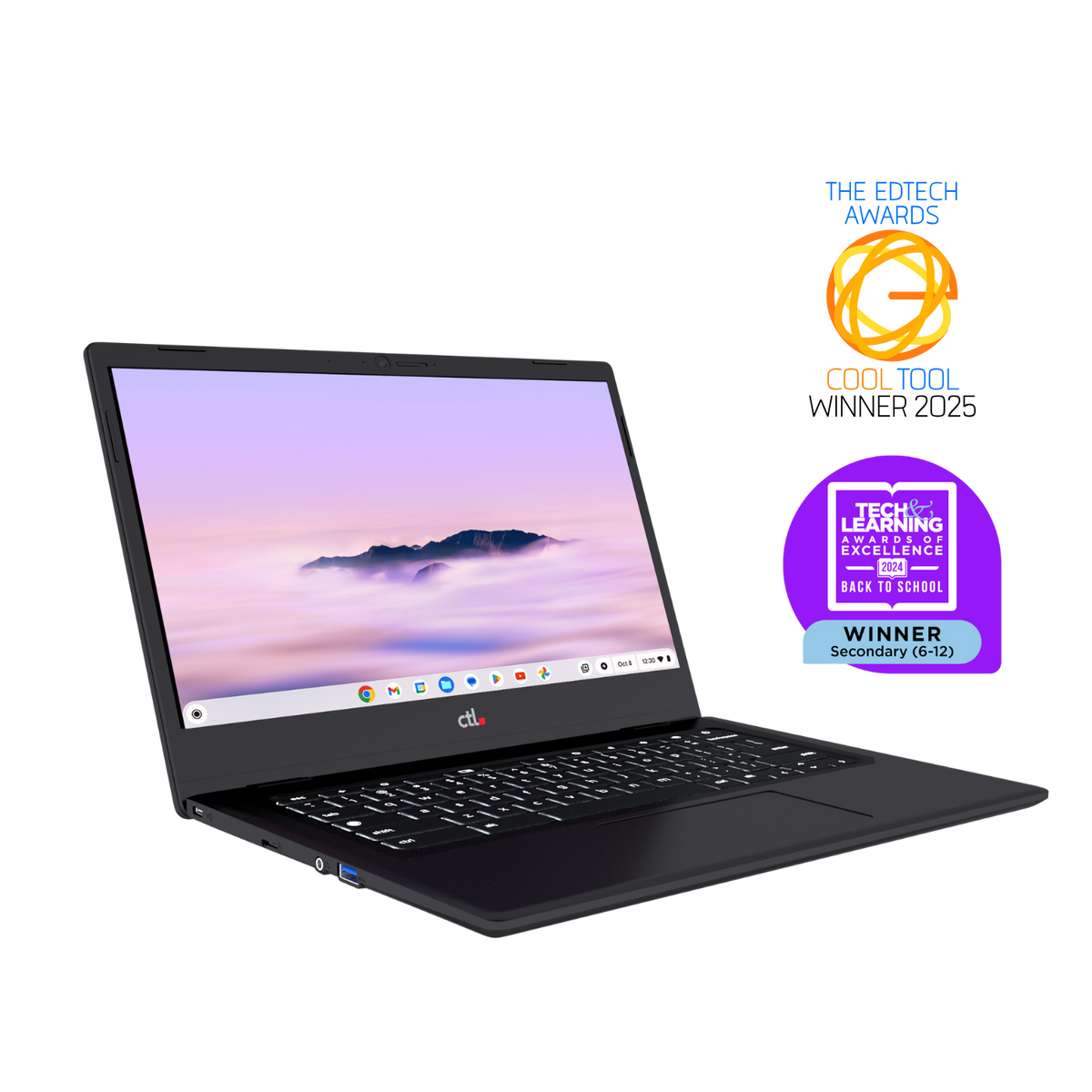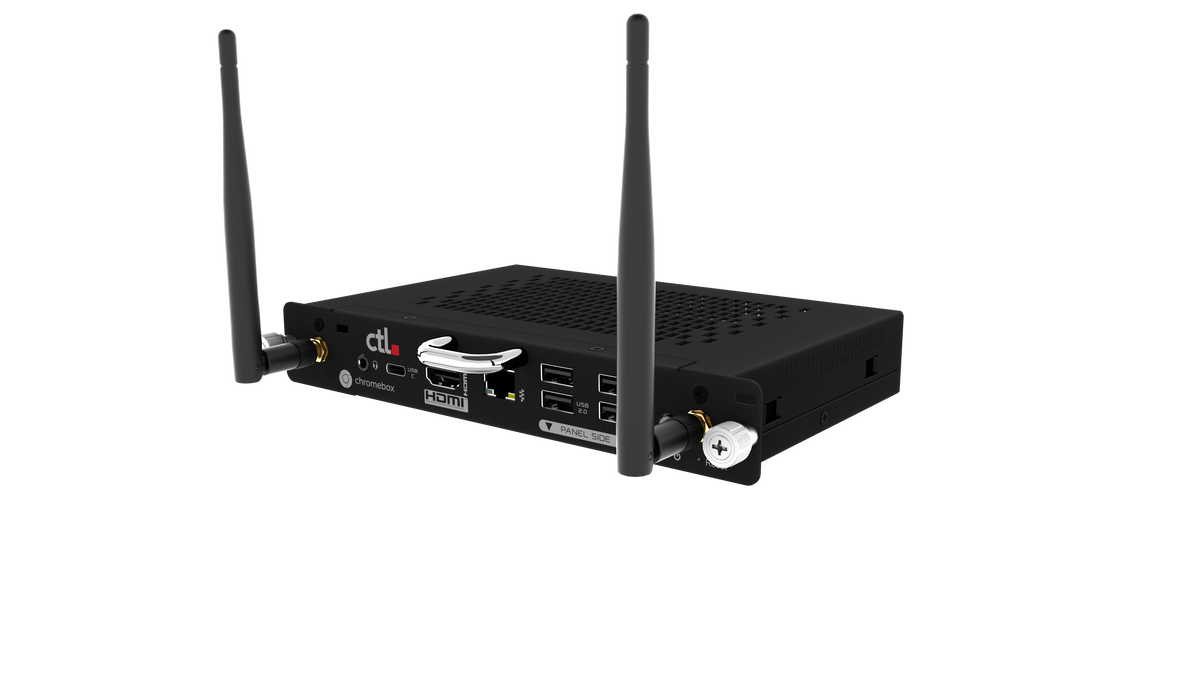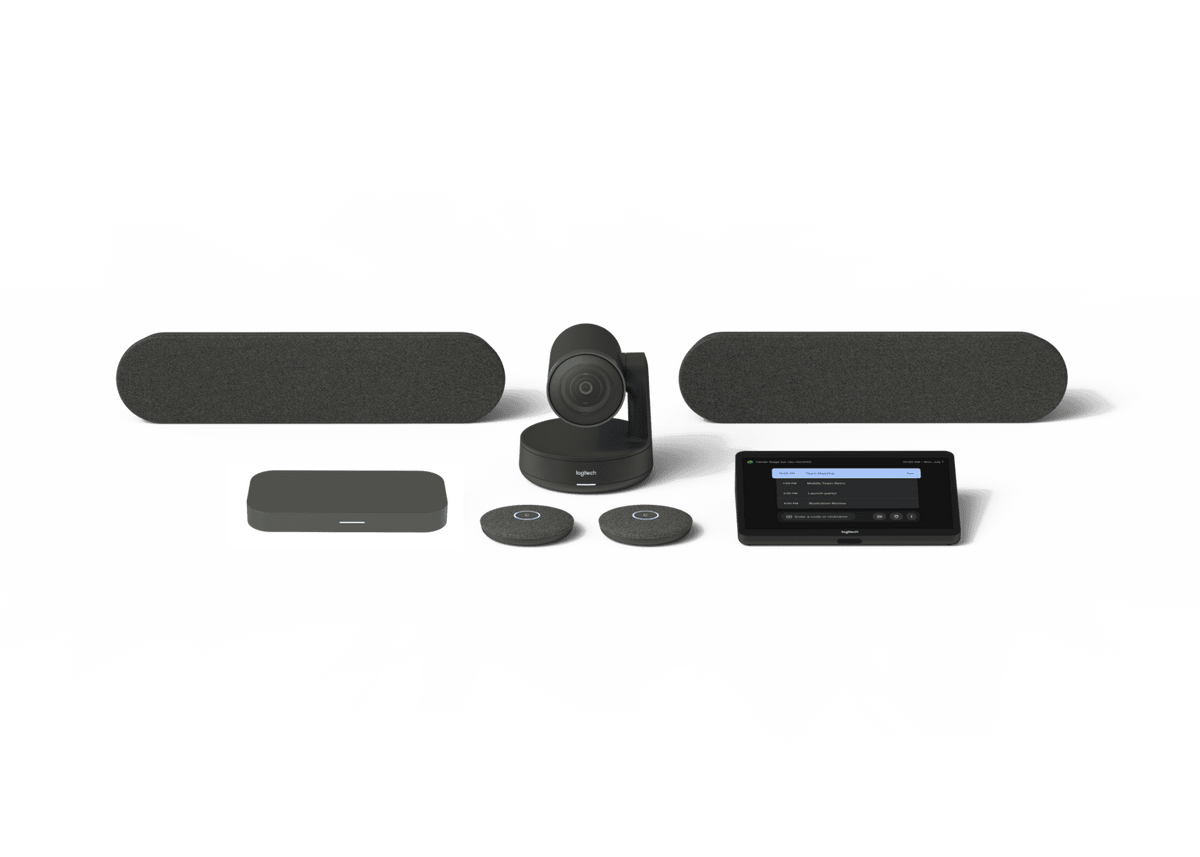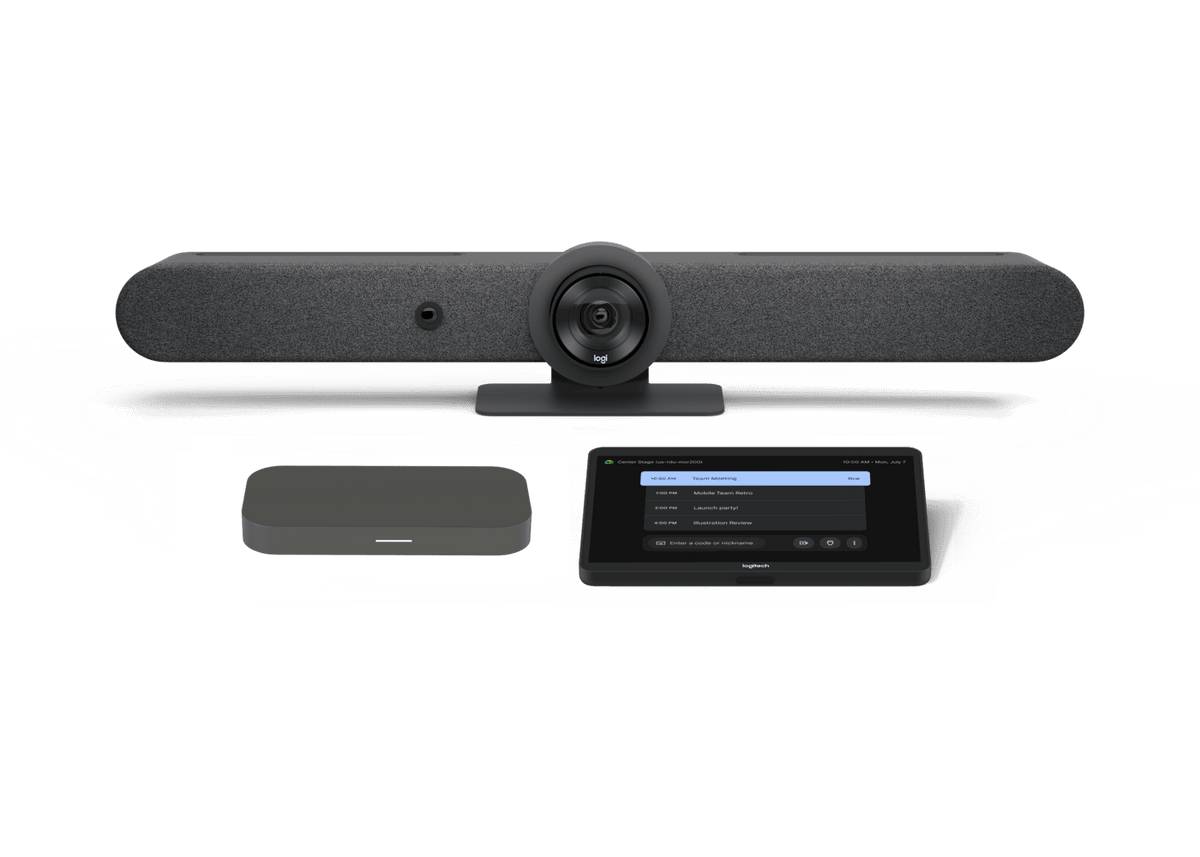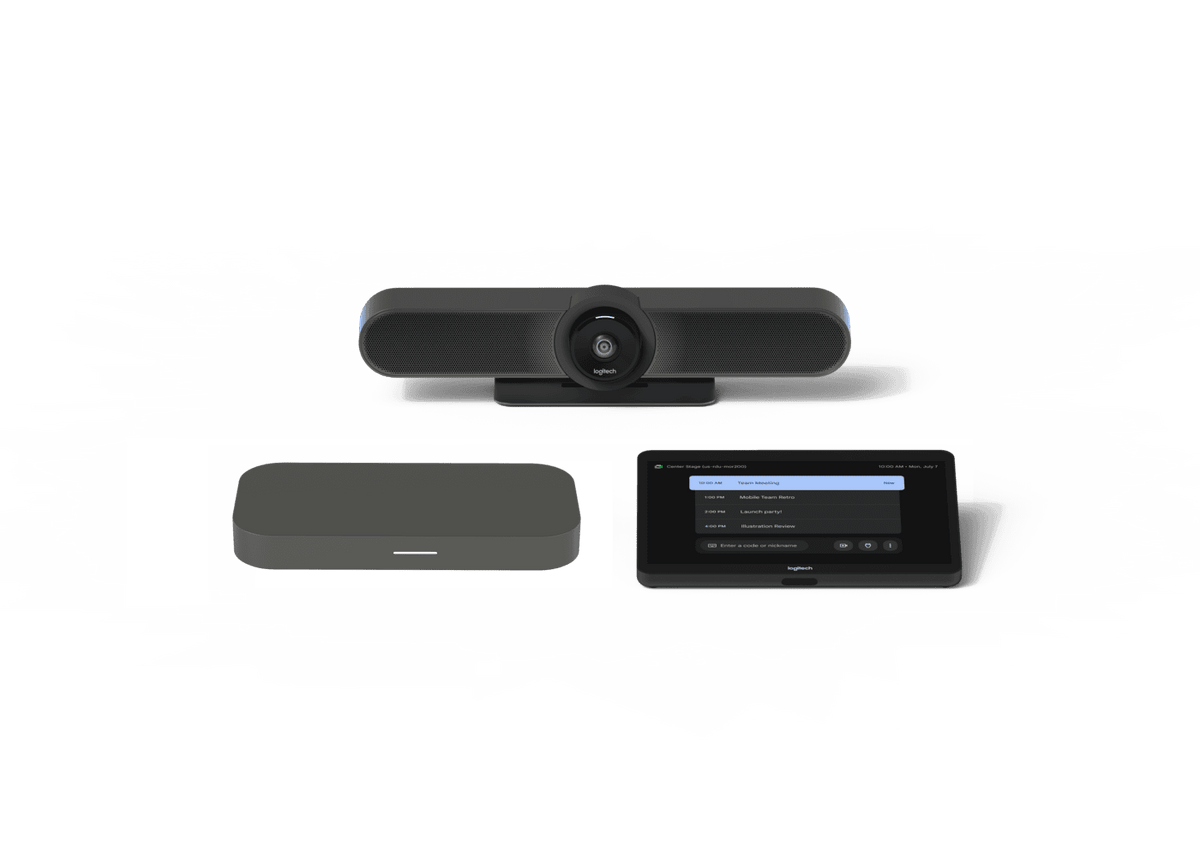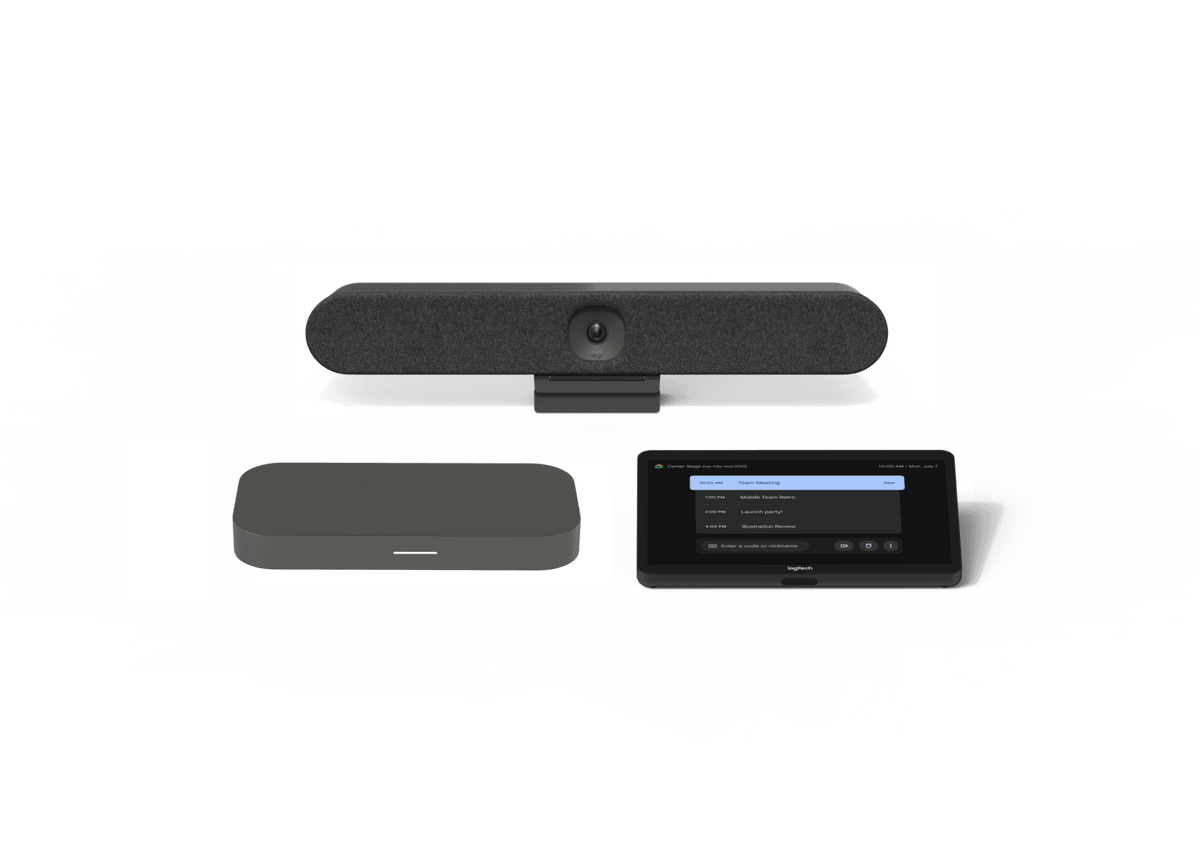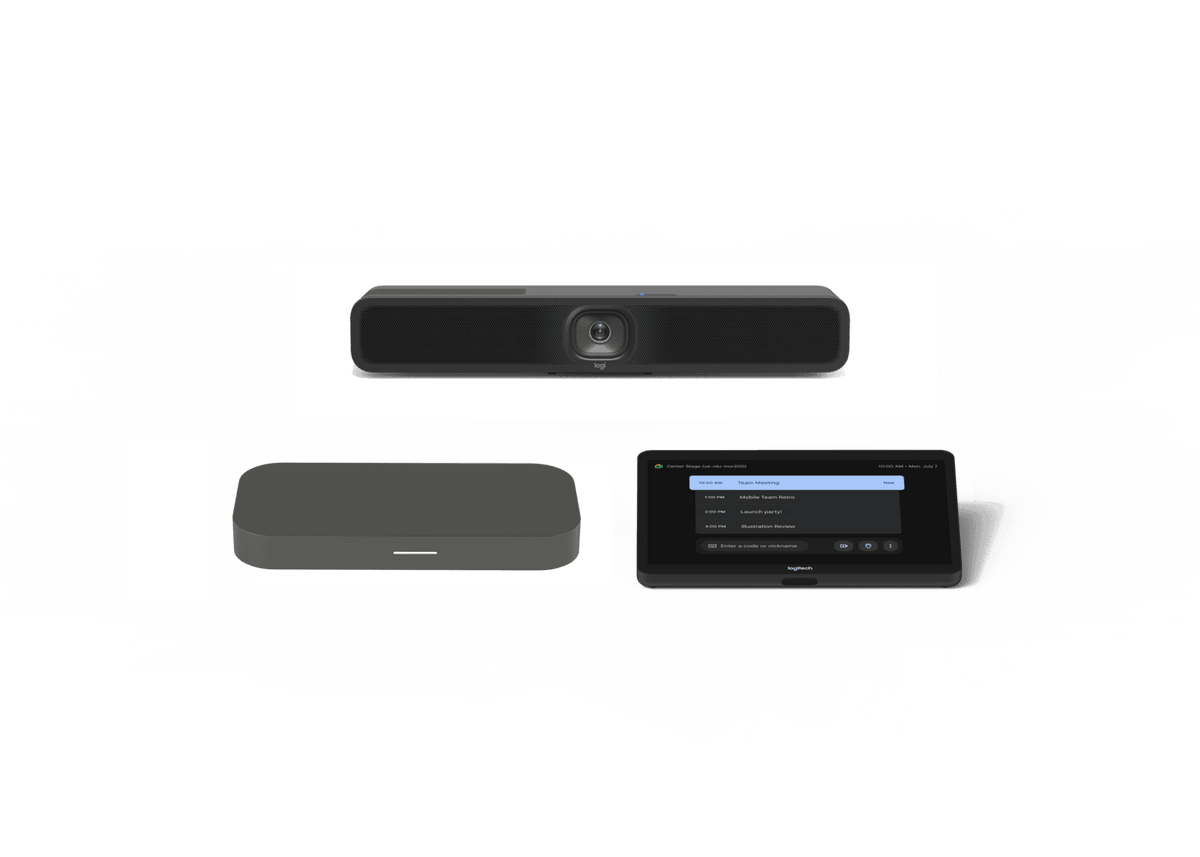Greetings from the CITE24 conference in San Diego, CA! We're reporting here on the important concern of cybersecurity as referenced at the show in a live presentation.
California’s K-12 schools are increasingly becoming targets of sophisticated cyberattacks. As a result, the state's education budget is poised to provide one-time funding to bolster school cybersecurity. This comes alongside new state laws granting schools more autonomy in technology regulation.
As a provider of Chromebooks for schools, CTL is concerned about the topic of cybersecurity, as evidenced in our recent webinar, "What's New with Chromebook Cybersecurity." We thought we should pass along this topic to our audiences who attended the recent CITE conference and/or reside in California.
Government Technology put up a great article with all the details. This blog summarizes the key points plus recent observations and learnings from CTL on the topic. We also suggest you read the full article here.
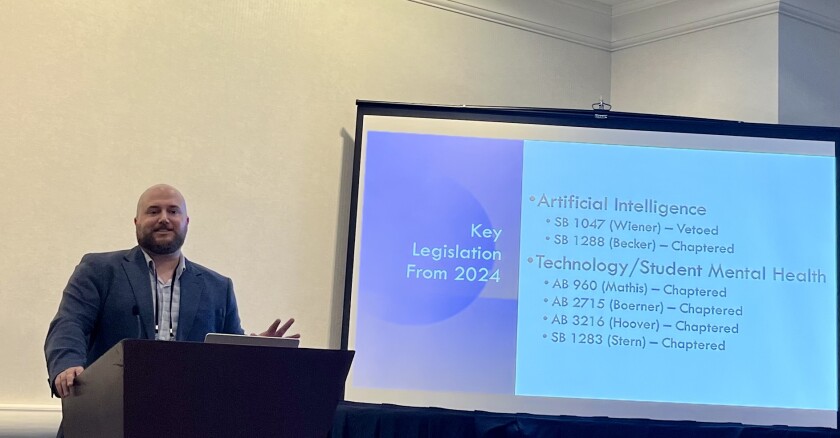
Nick Romley, a legislative advocate at Capitol Advisors Group, who lobbies the California government on behalf of educators, presented on key state legislation passed in 2024 at the CITES Conference in San Diego. Abby Sourwine
The Evolving Threat Landscape
Cybersecurity threats are rapidly evolving. Attackers are leveraging AI to launch more targeted and personalized attacks, including phishing scams and data breaches. Schools are also facing internal threats, such as malicious student activity and the influence of certain parent organizations.
For example, as we mentioned in our recent cybersecurity webinar, did you know:
- School districts pay between $50,000 to $1 million to recover from a cyber incident
- The average cost of educational institution downtime due to ransomware is $548,185 per day
- K-12 districts have surpassed hospitals, government offices, and other public-sector targets to become the most frequent targets of cyber attacks.
The Role of AI in Cybersecurity
AI offers a powerful tool for schools to combat these threats. It can be used to identify vulnerabilities, detect threats, automate incident responses, and train users. These protections are inherently provided on Chromebooks with the ChromeOS operating system. However, it's crucial to recognize that AI is a double-edged sword, as attackers are also utilizing it to enhance their tactics.
California State Funding and Policy Changes
California's Prop 98 guarantee may lead to significant one-time funding for schools. This funding can be used to invest in cybersecurity infrastructure, tools, and training. Additionally, recent state laws have empowered schools to implement stricter technology policies, such as limiting device usage and social media access.
According to the Government Technology article:
"In California, Proposition 98 guarantees a minimum amount of education funding each year based on revenue and attendance. When California legislators suspend Prop 98 and opt to fund schools under the calculated minimum, as they did last year, they essentially owe schools the difference, Snider said.
Best Practices for School Cybersecurity
To effectively address cybersecurity challenges, CTL suggests that schools:
- Prioritize cybersecurity: Make it a top priority and allocate sufficient resources. See the Prop 98 state funding options as an option.
- Understand the protections you already have on Chromebooks. Google offers great information on this here.
- Partner with reputable vendors: Select vendors with proven track records and strong support. We recommend CTL for all your cybersecure Chromebook, Chromebook Plus, and peripheral needs. ;) Chromebooks have never had a virus.
- Stay informed about emerging threats: Continuously monitor the threat landscape and adapt accordingly.
- Invest in training and education: Equip staff and students with the knowledge and skills to protect themselves. Here's one partner, CyberNut, we recommend with a gamified anti-phishing program for school Chromebook users.
By taking a proactive approach to cybersecurity, schools can mitigate risks, safeguard sensitive data, and ensure the continuity of education.
Next Steps
Understand the newest cybersecurity protections on Chromebooks for Schools in this webinar.
Read the complete Government Today article

